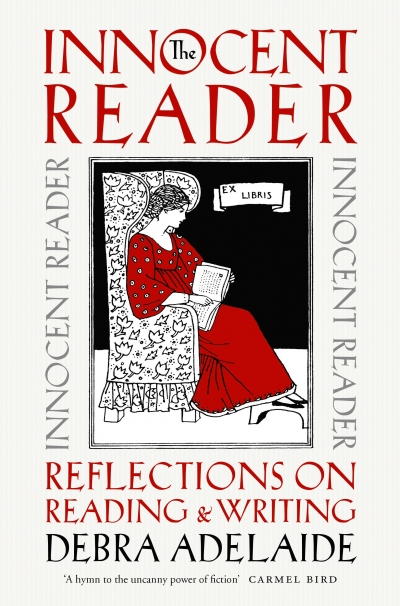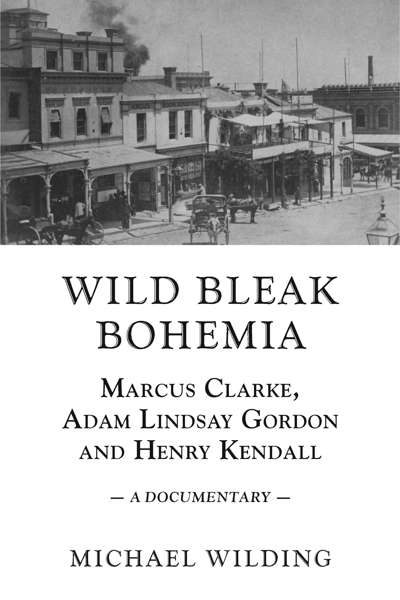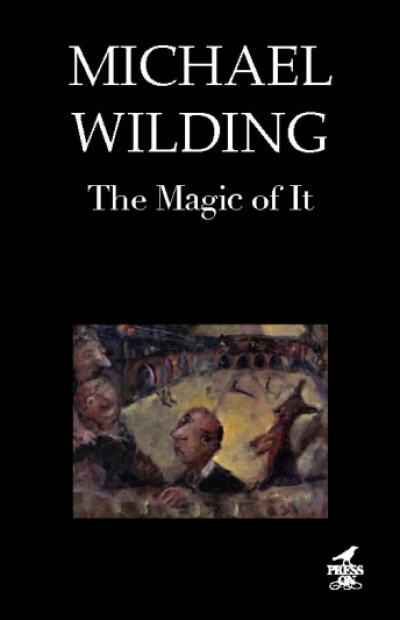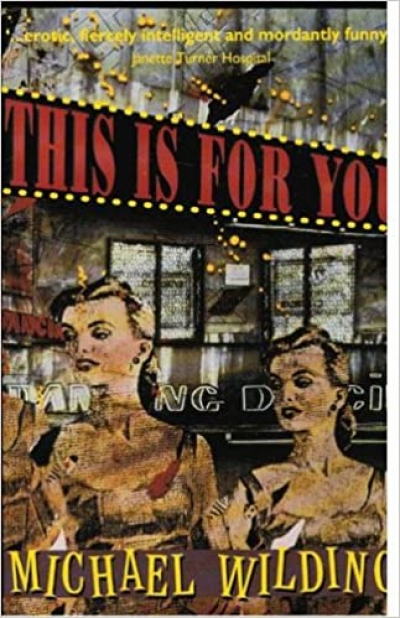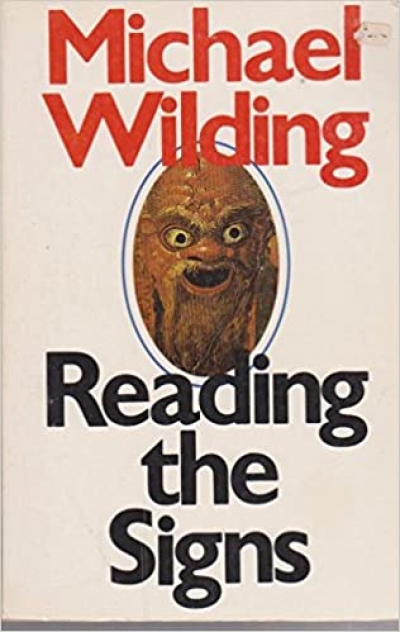Michael Wilding
The Innocent Reader by Debra Adelaide & Wild About Books by Michael Wilding
Wild Bleak Bohemia: Marcus Clarke, Adam Lindsay Gordon and Henry Kendall - A documentary by Michael Wilding
Veronica Brady reviews 'Billy Two-Toes’ Rainbow' by Hugh Atkinson, 'The Same Old Story' by James Legasse, 'Force and Defiance' by Gedaliah Shaiak, and 'Pacific Highway' by Michael Wilding
‘Even when there’s simultaneity,’ as one of Michael Wilding’s characters says, there’s still linearity that needs to be found, and linearity is difficult to find in this group of books. So, it is better, as Wilding’s book also suggests, to let the books perform and then see the pattern they make. Pacific Highway, in fact, is a kind of haiku novel, which coheres into a single expressive emblem, the emblem of the dance its narrator offers us at the end.
... (read more)In Tirra Lirra by the River, an elderly woman, Norah Porteou, returns to live in her childhood home in Brisbane after forty years as a ‘London Australian’. The house is empty, so is her life. Norah is a ‘woman whose name is of no consequence’. She is sensitive, vaguely artistic, slightly superior (‘Mother,’ she appeals in a childhood scene, ‘don’t let Grace call me Lady Muck.’) The novel consists of a review of her past, with interruptions from half-remembered neighbours offering curious and resentful help.
... (read more)

